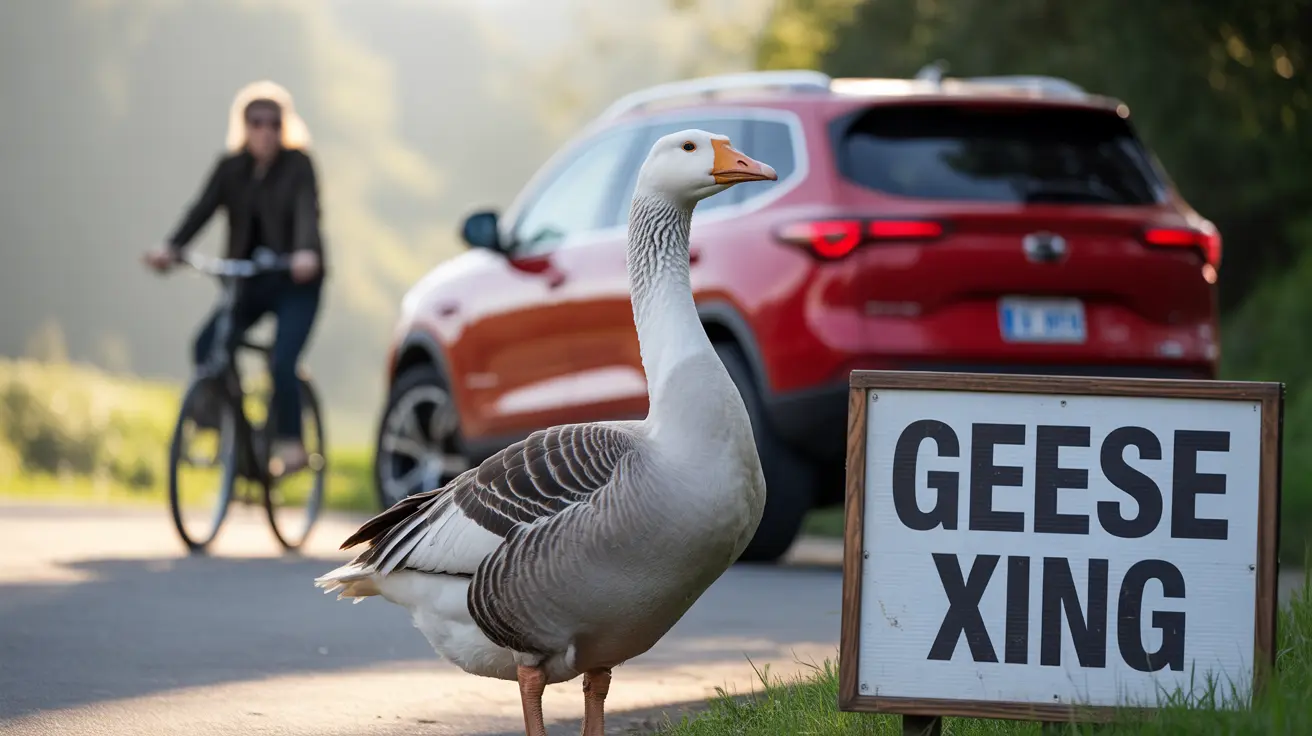A serious animal cruelty case in New Jersey has drawn attention to wildlife protection laws after multiple geese were struck and killed in a vehicular incident. The event, which occurred on July 14 near a lake along Devoe Avenue in Spotswood, has resulted in criminal charges against the suspect.
The collision, which took place around 6:45 p.m., has highlighted the importance of protecting wildlife and the legal consequences of animal cruelty in New Jersey. Local authorities have taken swift action in response to this incident, demonstrating the state's commitment to enforcing animal protection laws.
Understanding New Jersey Animal Cruelty Laws
New Jersey maintains strict regulations regarding the treatment of both domestic and wild animals. The state's animal cruelty statutes encompass a wide range of behaviors, from neglect to intentional harm, with serious penalties for violators.
Legal Protections for Wildlife
When it comes to wild birds like geese, additional protections exist under federal legislation such as the Migratory Bird Treaty Act. This provides an extra layer of legal protection for various bird species, including the geese involved in this incident.
Reporting Animal Cruelty in New Jersey
For those witnessing potential animal cruelty, New Jersey has established clear reporting protocols:
- Contact local law enforcement immediately
- Document the incident if possible
- Report to animal control or wildlife authorities
- Preserve any evidence that might assist investigation
Penalties for Animal Cruelty in NJ
The consequences for animal cruelty convictions in New Jersey can be severe, including:
- Substantial fines
- Potential jail time
- Mandatory counseling
- Prohibition from animal ownership
- Criminal record implications
Wildlife Road Collision Prevention Tips
While this case involves alleged intentional harm, many wildlife collisions are accidental. Drivers can take these precautions:
- Remain alert in areas known for wildlife
- Reduce speed near water bodies and wooded areas
- Use high beams when appropriate
- Watch for wildlife crossing signs
- Give yourself extra stopping distance
Legal Consequences and Prosecution
Animal cruelty cases in New Jersey are prosecuted seriously, with law enforcement and judicial systems working together to ensure justice. The prosecution process typically involves:
- Thorough investigation
- Evidence collection
- Witness statements
- Expert testimony when needed
- Appropriate charges based on severity
Frequently Asked Questions
What should I do if I witness animal cruelty in New Jersey?
If you witness animal cruelty, immediately contact local law enforcement or animal control. Document the incident if possible, but do not put yourself in danger. Preserve any evidence that might help authorities investigate the case.
What are the penalties for animal cruelty in New Jersey?
Penalties can include significant fines, imprisonment, mandatory counseling, and restrictions on future animal ownership. The exact consequences depend on the severity of the offense and whether it's classified as a disorderly persons offense or an indictable crime.
How does New Jersey protect wildlife on roads?
New Jersey implements various measures to protect wildlife, including posting warning signs in high-risk areas, establishing reduced speed zones near wildlife habitats, and maintaining wildlife crossings in certain locations.
The incident in Spotswood serves as a reminder of our responsibility to protect wildlife and the serious consequences of animal cruelty. As members of the community, we must remain vigilant and report any suspicious activity that might harm animals. Understanding and respecting wildlife protection laws helps ensure the safety of both animals and humans sharing our roads and neighborhoods.






